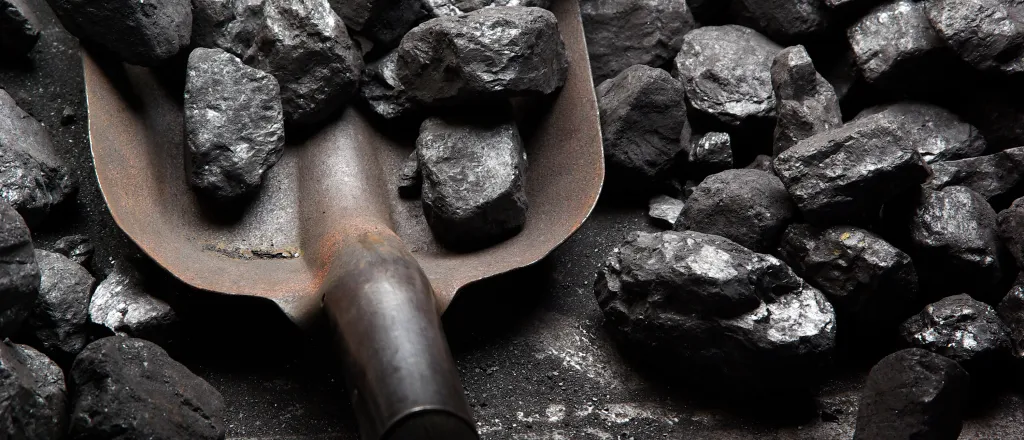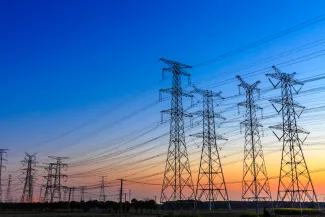
Expert: Michiganders could pay millions to support outdated coal plant
Click play to listen to this article.
Michigan taxpayers may end up footing the bill to keep an aging coal plant open.
The J.H. Campbell plant was scheduled to close May 31, but a last-minute order from the Department of Energy is forcing it to stay open.
The owner of the plant, Consumers Energy, says it wants the facility shuttered, but its hands are tied.
Dennis Wamsted, energy analyst with the Institute for Energy Economics and Financial Analysis, said the Trump administration can use the Federal Power Act to force aging coal plants to stay open under emergency conditions.

© zhaojiankang - iStock-802436842
"A really severe winter storm requires plants to continue to operate above what might be their normal generation levels," said Wamsted. "So there are provisions to operate plants or order them to remain online if there's a real emergency. This was not a real emergency."
Since 2021, Consumers Energy has built new solar and wind generation resources and purchased a natural gas-fired power plant.
These moves were made to replace energy produced by the J.H. Campbell plant and for a complete transition from coal production by the end of 2025.
President Donald Trump issued an executive order in April authorizing the Department of Energy to keep plants open using the Federal Power Act.
Trump said he wants to meet a rise in electricity demand due to an anticipated surge in domestic manufacturing and the construction of artificial intelligence data processing centers.
Wamsted said he believes the taxpayer burden to support J.H. Campbell is unfair and expensive.
When estimating the plant's operating costs, he cited an example from 2023, when the owners of a West Virginia coal plant were forced to keep a site open.
Monthly operating costs were at $3 million. Wamsted called that a "good figure" for J.H. Campbell's operational costs.
"They have to pay the staff to keep the plant there," said Wamsted. "They have to pay to run the pipes and keep the turbine so it can actually produce electricity. So you end up paying that $3 million or more just to keep the plant able to operate."
Wamsted said he is not aware of any legal action taken to force the plant's closure, move upkeep expenses out of taxpayers' hands, or recover the money at a later date.
He said things could change if there's a filing with the Federal Energy Regulatory Commission, which would allow outside intervenors to force the plant to close or challenge a tariff.

















